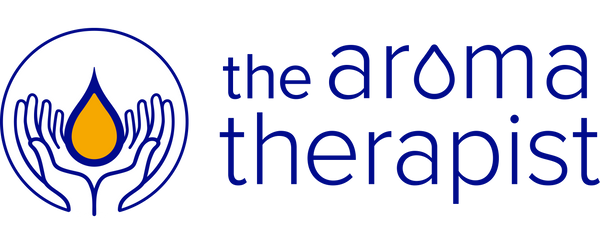
We believe in empowering consumers to be informed and discriminative when purchasing natural products. Unfortunately, things aren’t always as they seem in this industry. Although your nose can be very helpful when trying to sniff out the highest quality essential oils, it’s best to have concrete information to back up your instincts!
What is an essential oil?
It’s a surprisingly common misconception that an essential oil is just the plant material all mushed up. In reality, an essential oil is a plant hormone, it is stored in the plasm of the plant. Just like our own endocrine and immune systems, plants create biochemical responses to their various needs and the threats of their environment. These biochemicals are carefully distilled from the plant to give us essential oils.
Why is organic important when it comes to essential oils?
If you want an essential oil to have the biochemicals the plant created to respond to its environment, you first have to allow that plant to respond to its environment. If a plant is tampered with (sprayed with herbicides, pesticides) or removed from its natural environment, the biochemicals that you are looking for will not be present in the essential oil.
Where do The Aromatherapist essential oils come from?
Our oils are bought through relationships with small scale farmers and distillers around the world, this is known as an ‘Artisan Model’ of essential oil trade. In this model, the cultivation of essential oils is seen as an art. The farmers we source from have often spent generations perfecting their art - with one specific plant and one specific oil. Each oil can be traced back to the seed from which it was produced, all the way through its harvest and distillation, to where it was bottled for the consumer. Each and every oil in The Aromatherapist line has been distilled with respect for the plant’s complex composition and brought to you in its pure and vital state. Most essential oils in the marketplace have been bought through what’s called the ‘Brokerage System’. Only approximately 2.5% of the essential oils bought and sold through the brokerage system are destined for the therapeutic marketplace. More essential oils are sold through the brokerage system to flavour pipe tobacco than for therapeutic use. The majority are destined for large industries that give no priority to preserving the integrity and purity of the essential oil. The oils available through the brokerage system have often been bleached, rectified, deterpenated, adulterated and altered in a myriad of other ways - making them completely unsuitable for therapeutic use.
How do we assure our customers of the quality and integrity of our
products?
The Aromatherapist products are bottled and labeled under the certification of EcoCert EU. All of the information on the label of each bottle can be traced and verified through the EcoCert EU batch number (found in the bottom right hand corner of the label, at the back of the bottle). Without third party certification such as this, it is very easy for labels to deceive consumers.
What information do we provide on our labels and why is it important?
Botanical Name: The exact botanical name of a plant gives you very important information about the oil that you're buying. Case in point: Lavender. Lavandula Angustifolia has twice the value of Lavandula Latifolia. As a consumer, you should be aware of the value of the actual essential oil you're purchasing (this is listed on the front of our labels below the common name)
Part of Plant: What part of the plant was the oil extracted from? This is particularly important with certain oils. The oil extracted from one part of a plant can be much more valuable than the oil extracted from another part of the same plant.
Place of Origin: What country was the plant grown in? This has a huge impact on the quality and biochemical composition of the oil. Where an oil comes from is also directly linked to its value i.e.; a French Highland Lavender has a higher value than a USA Lavender.
Cultivation Method: How was this plant grown and harvested? It's important to know the farming methods followed by the farmer who grew the plant that produced your oil. The healthy development of the plant will be interfered with if the plant is not grown in it's natural environment without the use of herbicides and pesticides.
Batch Number: This number has followed the product from the farmer planting the seed, to the facility extracting the oil, to the company bottling and labelling it. The batch number is your guarantee that every aspect of your oil's production process can be traced.
Sell by Date: Just like food, essential oils/carrier oils/hydrosols have expiration dates. It is important to know that the oil you're purchasing has not passed expiration and that you will be able to get your value from it before it expires.
